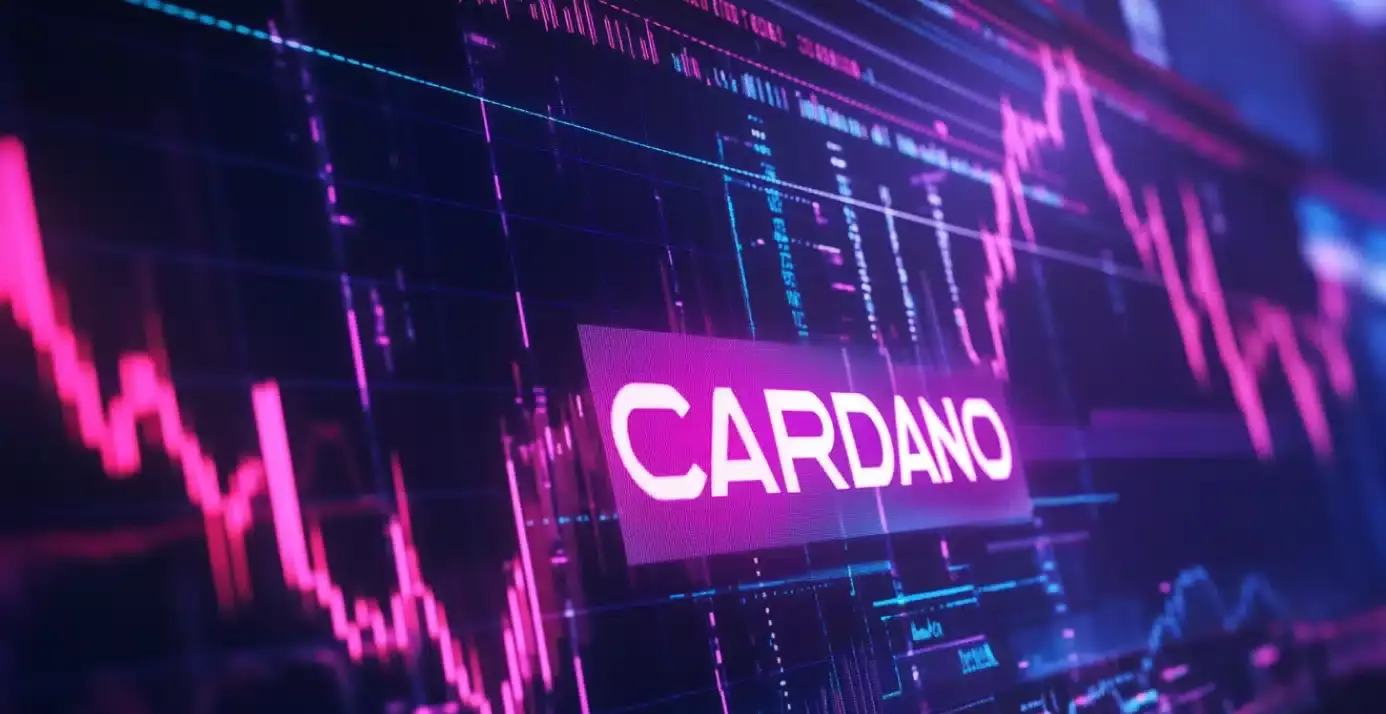In a significant move that could redefine the contours of cryptocurrency investing, Grayscale has recently filed for a spot Cardano (ADA) ETF. This marks the 60th attempt by asset managers to secure a crypto ETF approval in the United States this year. The sheer volume of applications suggests a paradigm shift within the investment landscape, where major firms strive to accommodate the growing institutional interest in a broader array of digital assets, going beyond Bitcoins and Ethereums to include altcoins like Cardano. This move is not merely transactional; it symbolizes a newfound enthusiasm and acceptance of cryptocurrencies in mainstream finance.
The filing of the 19b-4 form with the SEC takes center stage in this narrative, acting as a prerequisite for introducing a new ETF to the market. This is essentially a formal appeal for a modification in regulatory rules governing the exchange. However, it’s worth noting that the pathway to a functioning spot ETF is riddled with additional stipulations, including the necessity of an S-1 registration statement before any trading can commence. Understanding this process allows investors to navigate the often confusing regulatory framework surrounding crypto assets more effectively.
Market Implications and Reactions
In the 24 hours following Grayscale’s announcement, ADA’s value surged nearly 11%, reaching $0.74. This uptick is indicative of growing trader confidence, yet it remains critical to acknowledge that ADA is still a staggering 76% below its peak of $3.10, achieved in September 2021. Such observations highlight that while optimism surrounds altcoin ETFs, potential investors must remain cautious about volatility and market dynamics. The fluctuation is symptomatic of the broader crypto market, which is characterized by rapid price shifts based on regulatory developments and institutional trends.
A Broader Perspective on Altcoin ETFs
Furthermore, analysts from Bloomberg, including experts James Seyffart and Eric Balchunas, project a considerable likelihood of approvals for other altcoin ETFs. With a 90% chance forecasted for Litecoin (LTC) and 70% for Solana (SOL), the momentum is palpable. As the SEC engages with these applications, attention is drawn to potential approvals on the horizon, particularly with decision dates fast approaching. Notably, the regulatory atmosphere has evolved since the tenure of former SEC Chair Gary Gensler, hinting at a more accommodating stance towards cryptocurrency ETFs moving forward.
The flurry of ETF filings underlines not just a tactical move by asset managers but a philosophical shift towards recognizing the legitimacy of cryptocurrencies within investment portfolios. As regulatory landscapes shift and institutions begin to embrace a more diversified digital asset strategy, it’s plausible to predict that this influx of ETFs could lead to a maturing market. Investors must engage with these developments judiciously, keeping a keen eye on regulatory shifts while remaining adaptable to the rapidly changing crypto environment. The future of cryptocurrency investment appears promising, but with that promise comes the inherent risks of a largely uncharted financial territory.














Leave a Reply